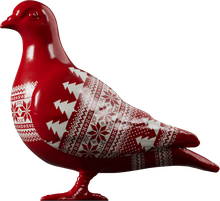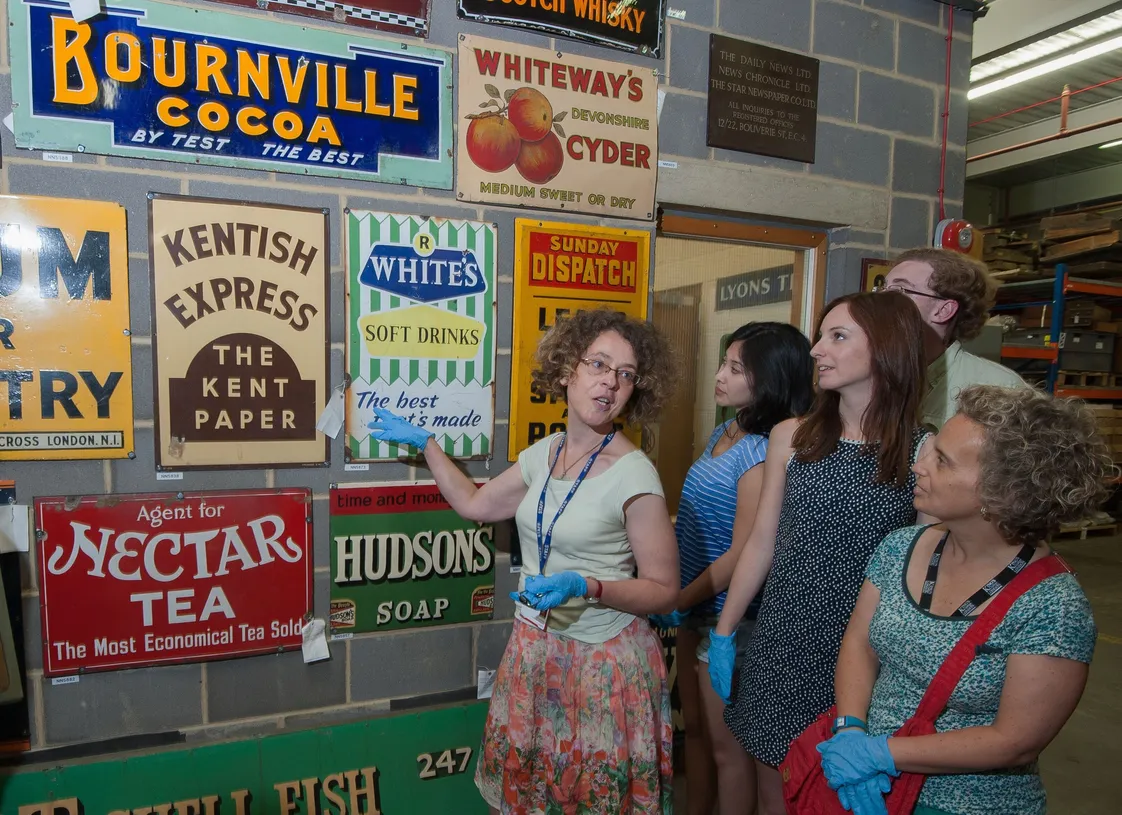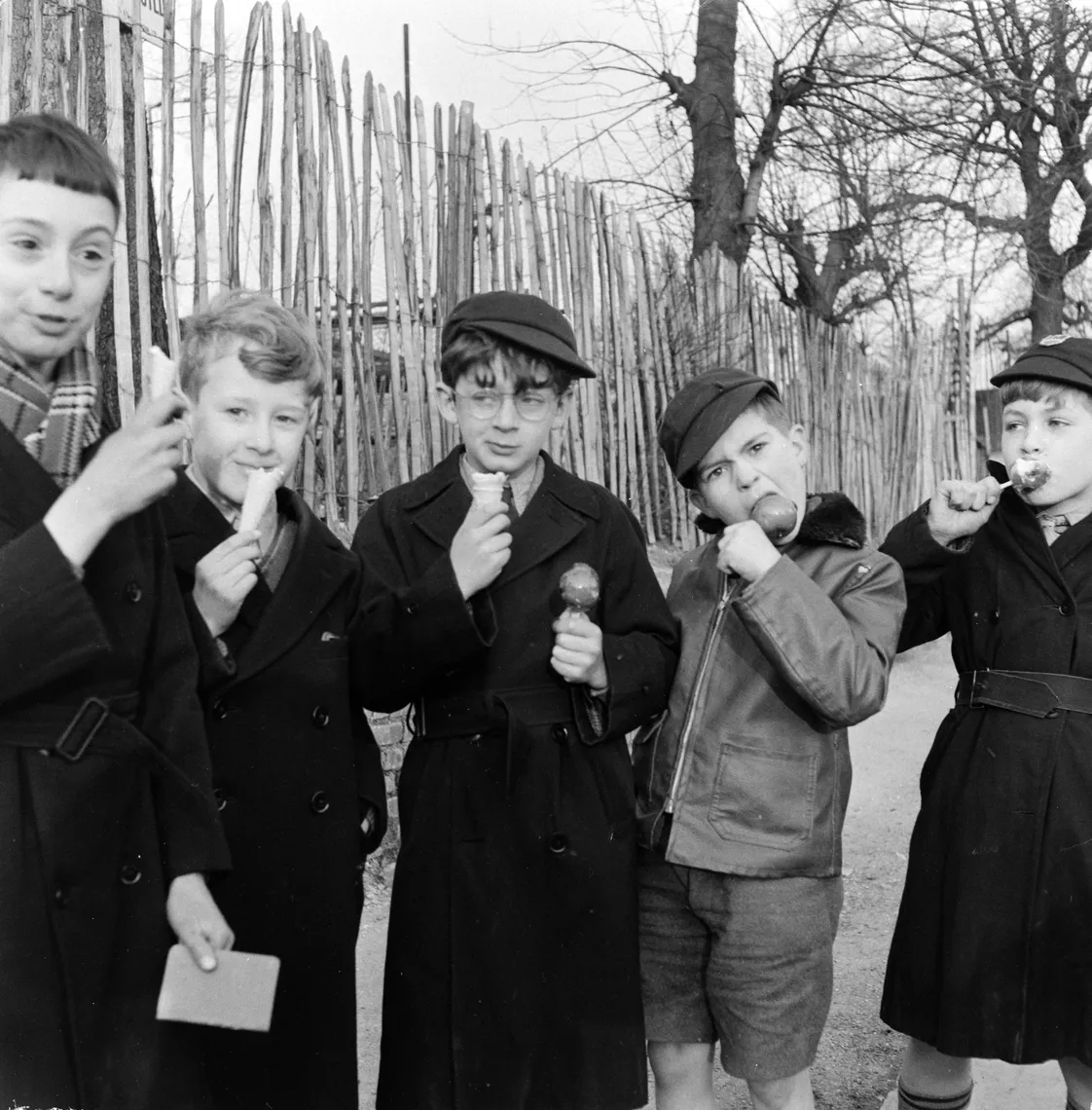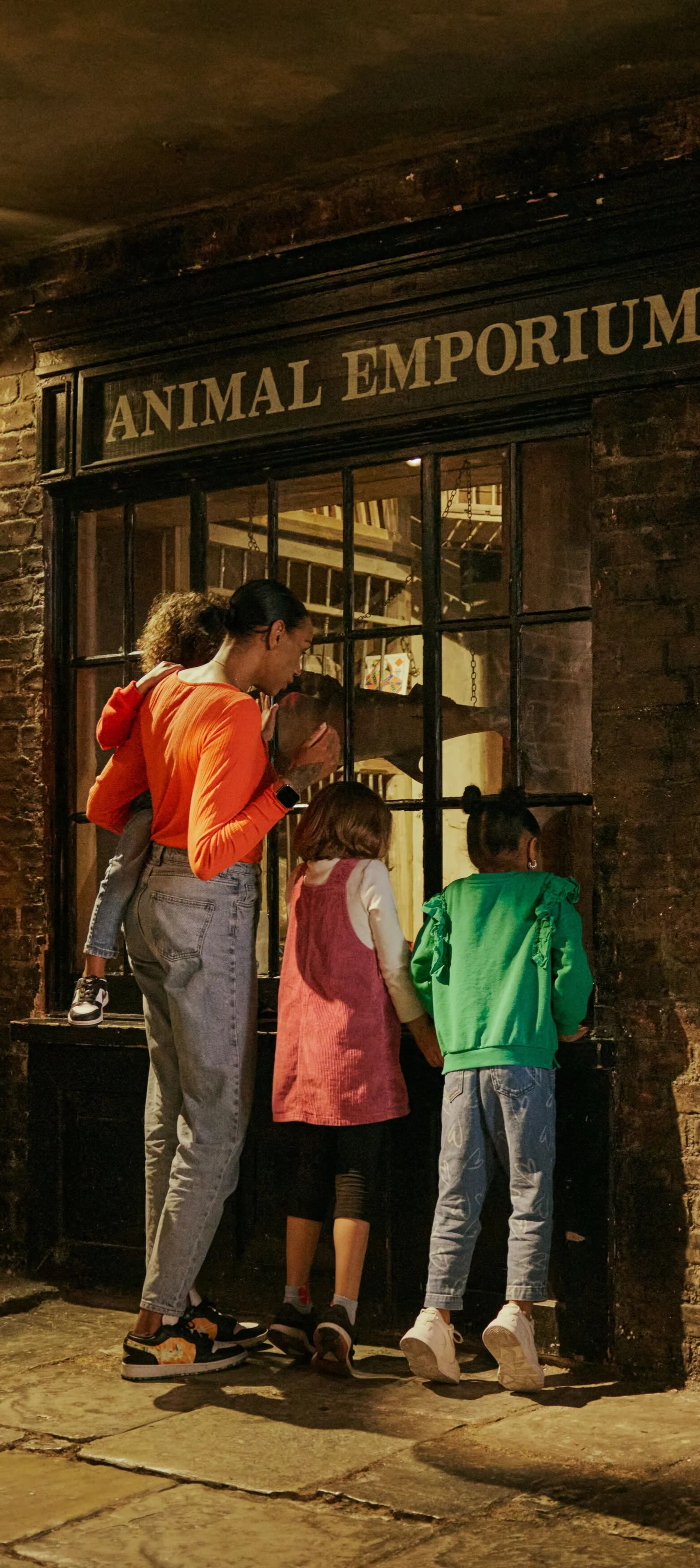Research
Our research programmes aim to encourage fresh perspectives on our collections, the city and our diverse audiences.
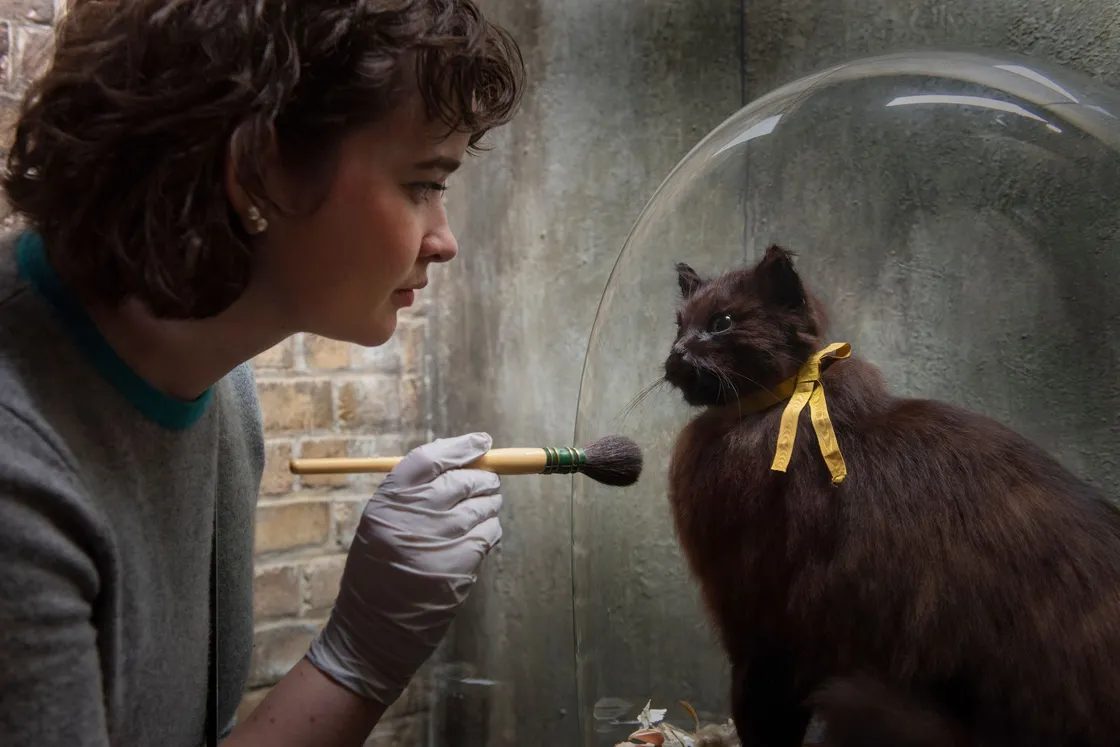
A conservator preparing Oliver, a taxidermied cat in our collection, for display.
At London Museum, we not only preserve history but also work hard to actively uncover it, ensuring that history stays relevant and meaningful for Londoners today. Research sits at the heart of this work.
It shapes how we understand the objects and stories in our care, underpins the development of new exhibitions and public programmes, and informs best practice in engagement.
But we don’t do this alone. Partnership is central to our approach. Our research projects extend well beyond the museum walls, and we work closely with universities, local communities, people with lived experience and experts across a wide range of fields.
We have developed a new Research Strategy for London Museum, underpinned by our ambition to become an Independent Research Organisation. Our research practice builds on our well-established collaborative doctoral programme, our world-class osteological research, and a strong track record of funded projects and publications.
For more information, email us at [email protected]
Explore more
-

Osteological Database
A database of human remains from dozens of archaeological sites across London
-
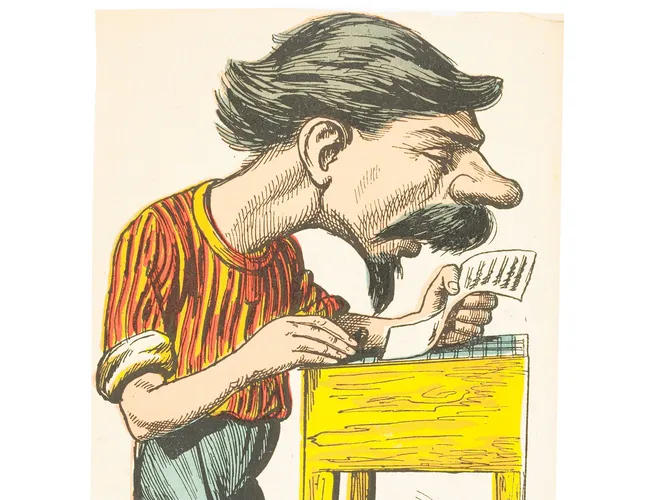
Projects & publications
Making our research accessible to everyone
-
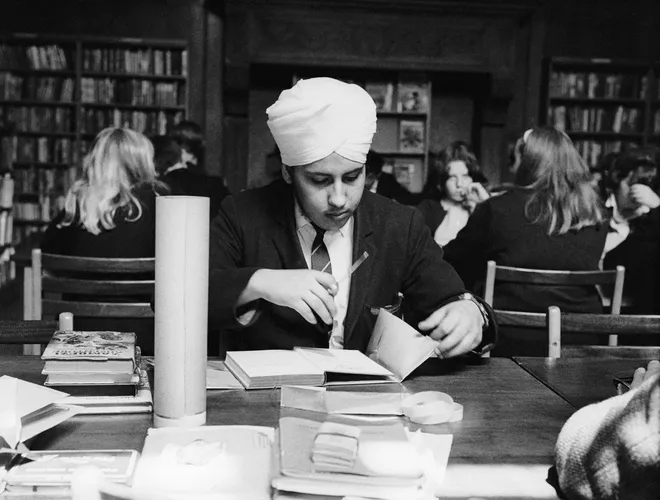
Doctoral studies
Working with PhD students and university supervisors on research projects

